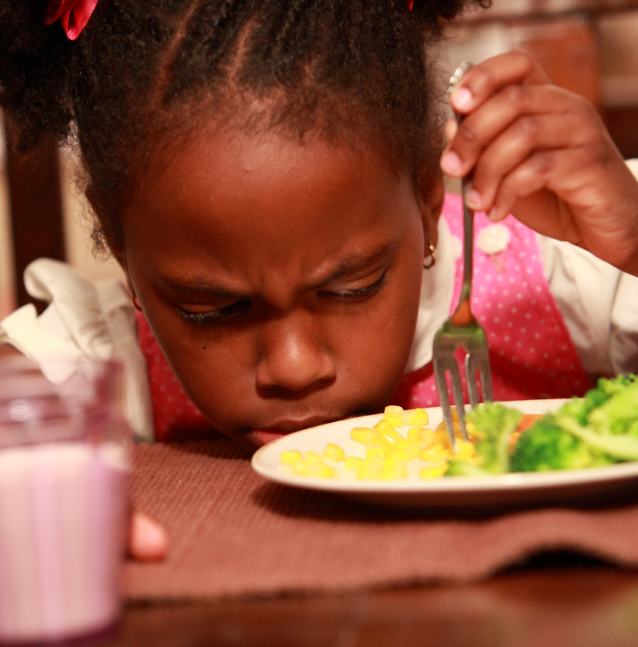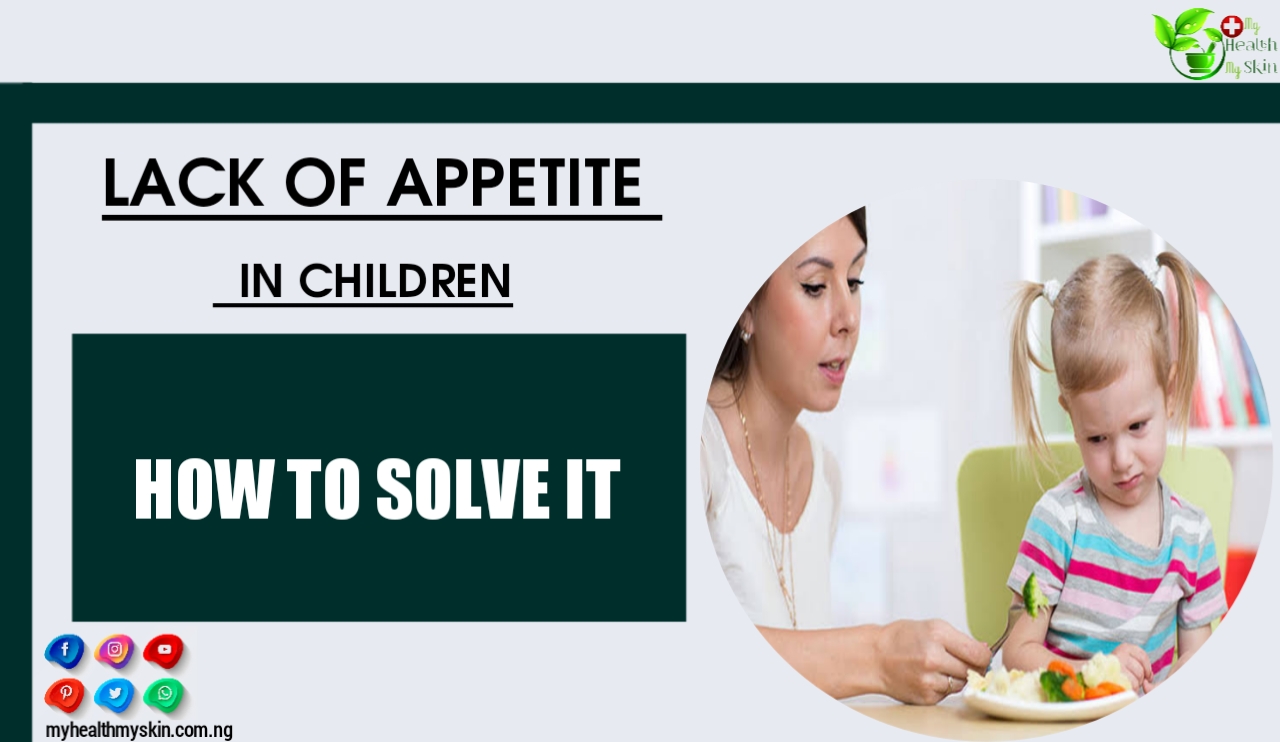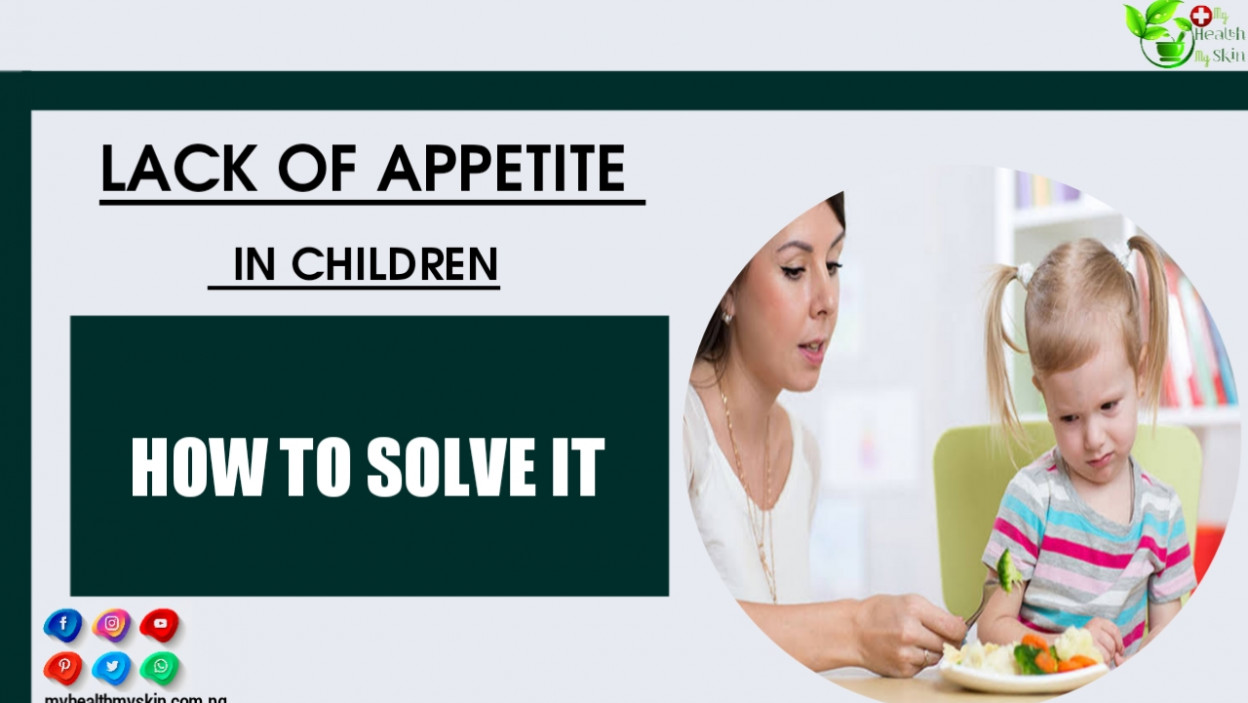Little ones go through a complicated phase where they reject almost all foods, even the ones they used to like.
This is a subject that everyone knows well, since at some point in life the child goes through it and leaves the mother worried and pulling out her hair.
Mealtime turns into a real nightmare, full of crying and screaming, doesn’t it? Read till the end in other to understand better about this phase and learn to suffer less.
The birth of teeth also causes discomfort and ends up interfering with children’s appetite, but the good news is that everything normalizes as soon as the discomfort passes.
However, lack of appetite in children can be easily solved, so long as it is accompanied by a pediatrician.
Decreased appetite in children is common between 1 and 3 years of age, when they begin to become more selective and understand their food tastes.
During this phase, she will deny some foods that she previously accepted well because her taste buds are now sharper and she knows what gives her pleasure to eat.
And with these drastic changes in diet, it’s natural for weight loss to occur.
Another reason that can cause a lack of appetite in children is discomfort, when they have, for example, a cold, the flu or a throat infection.
However, this decreased appetite deserves attention! Since symptoms may be linked to more serious conditions, it is necessary to find out the reasons that lead little ones to reject food.
Another factor that influences the appetite, not only of children, but of adults as well, is excessive heat, which makes us feel sluggish, discouraged and want to do nothing.
In this case, it is important to offer plenty of fluid for hydration and lighter foods, as the child cannot eat normally.
With that in mind, we prepared this article on the main issues related to lack of appetite in children and tips on how to get around this situation.
Follow with us!
[lwptoc]
Main Causes Of Lack Of Appetite In Children

Food Introduction Phase
There is no right age for children to start rejecting food. However, this situation can start in the first stages of food introduction, around 1 to 2 years of age.
This is because in this period in which the little ones begin to develop a taste for flavors and can distinguish what is delicious.
That’s why it’s common for children to refuse some foods during the process.
In any case, parents should encourage healthy eating habits through the intake of nutritious items, such as fruit juices, vegetable foods, among other examples.
Cold And Flu Charts
In addition, lack of appetite in children is more common when they have a cold, flu or tonsillitis (throat inflammation).
However, as soon as the little one is recovered, hunger returns. So stay tuned if the lack of appetite persists.
Birth Of Teeth
The exchange of baby teeth for permanent teeth can cause a lot of pain and prevent the child from being able to chew the most solid foods.
Although the discomfort is intense during the birth of the baby’s teeth, some simple methods, which can be performed at home, and some anesthetic remedies help reduce pain and discomfort.
However, always remember to talk to your little one’s pediatrician before offering any type of medication.
Growth Stages
The change in the amount of appetite may vary according to the age of children.
For example, in the first year of life they have an intense metabolism, due to their rapid growth. Therefore, they eat a lot and in small intervals of time.
Over time, growth slows down a bit and children become more selective.
In this way, consumption is also reduced and the little ones start to give more work to eat.
Socialization
External factors can influence this change in appetite. The socialization phase is an example that is related to lack of appetite in children.
In fact, we can say that she shifts her appetite to activities with friends, toys, and other diversions.
Once she starts to pay more attention to entertainment, food can be left out a little.
What Should I Do About My Child’s Lack of Appetite?
Usually, lack of appetite is related to wrong eating times. For example, between the breakfast and lunch break, the child goes and nibbles on cookies and crackers.
Obviously, at mealtime she won’t be hungry. Therefore, prevent the child from eating between meals.
Of course, a child who didn’t eat breakfast should eat when he asks for something, taking advantage of his hunger and desire.
Another fundamental point is not to scream and not to force the child to eat when he does not want to.
The child will not get sick if he skips a meal. Don’t turn feeding time into a time of fights and stress for both of you, as this will make the child nervous and the appetite will go away.
Offer healthy foods that the child likes to eat, as well as plenty of liquid throughout the day such as water, milk, teas and juices, preventing cases of dehydration.
If your child likes soups and broths, take the opportunity to cook your little one’s favorite dishes and perhaps dribble the lack of appetite.
In general, this phase soon disappears like all the others and you should only be concerned if there is a lot of weight loss, if the child becomes dejected, sleepy, yellowish or not even willing to play.
So a doctor should be consulted to check if you are missing any vitamins such as iron and calcium, for example, which can be replaced through supplements.
Of course, some tests may be requested by the pediatrician for the exact diagnosis.
Homemade Recipe For Lack Of Appetite
Blend half a carrot and half a beet in a blender with a glass of milk or a glass of orange juice, pass through a sieve and offer between meals.
Sweeten if necessary, trying to use sugars such as demerara or muscovado. Even honey. Carrot juice is a great natural remedy for children’s lack of appetite.
Tips On How To Deal With A Decreased Appetite In Children
A few simple practices will encourage children to eat more and eat healthily:
- Offer the foods that the child likes the most;
- Give smaller amounts of food more often;
- Do not deceive the child by masking the food;
- Set specific times for meals;
- Use plates of the proper size;
- Be an example for your child;
- Avoid offering sweets and very fatty foods;
- Do a food education;
- Use appetite stimulants, but only with medical advice.
Every change in the health of little ones seems like a big cause for concern for moms, dads and the whole family.
Therefore, we reinforce the importance of taking the child to the pediatrician in order to obtain an accurate diagnosis.
The pediatrician should indicate the appropriate treatment, which can be done only with food stimulants or with behavioral changes for the whole family.
Thus, it will be possible to restore the health and well-being of the little one as soon as possible.
Finally, what do you think about sharing this article with other moms and dads?
If you want to read more articles similar to Lack of Appetite in Children – How to Solve it? We recommend you visit our Children’s Health category. Share on your social networks and stay tuned for upcoming articles.
This Article is an Intellectual Property of Myhealthmyskin.com.ng

Does Your Child Feel A Lot Of Lack Of Appetite Everyday? How Do You Get Around It? Do You Believe What Is The Cause? Comment Below!







